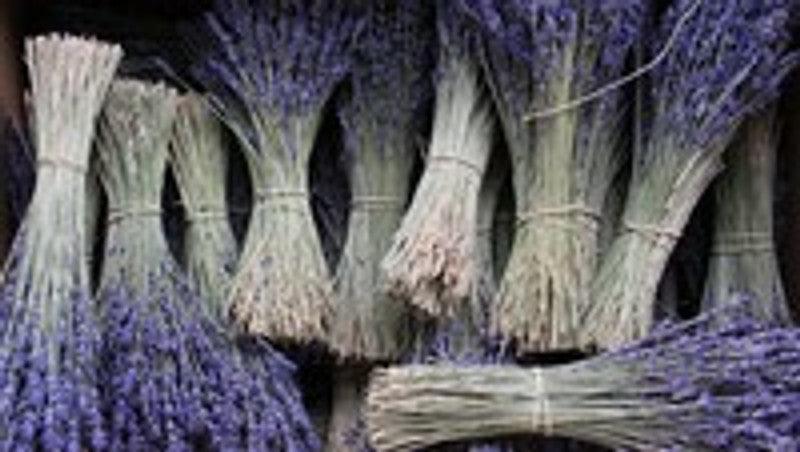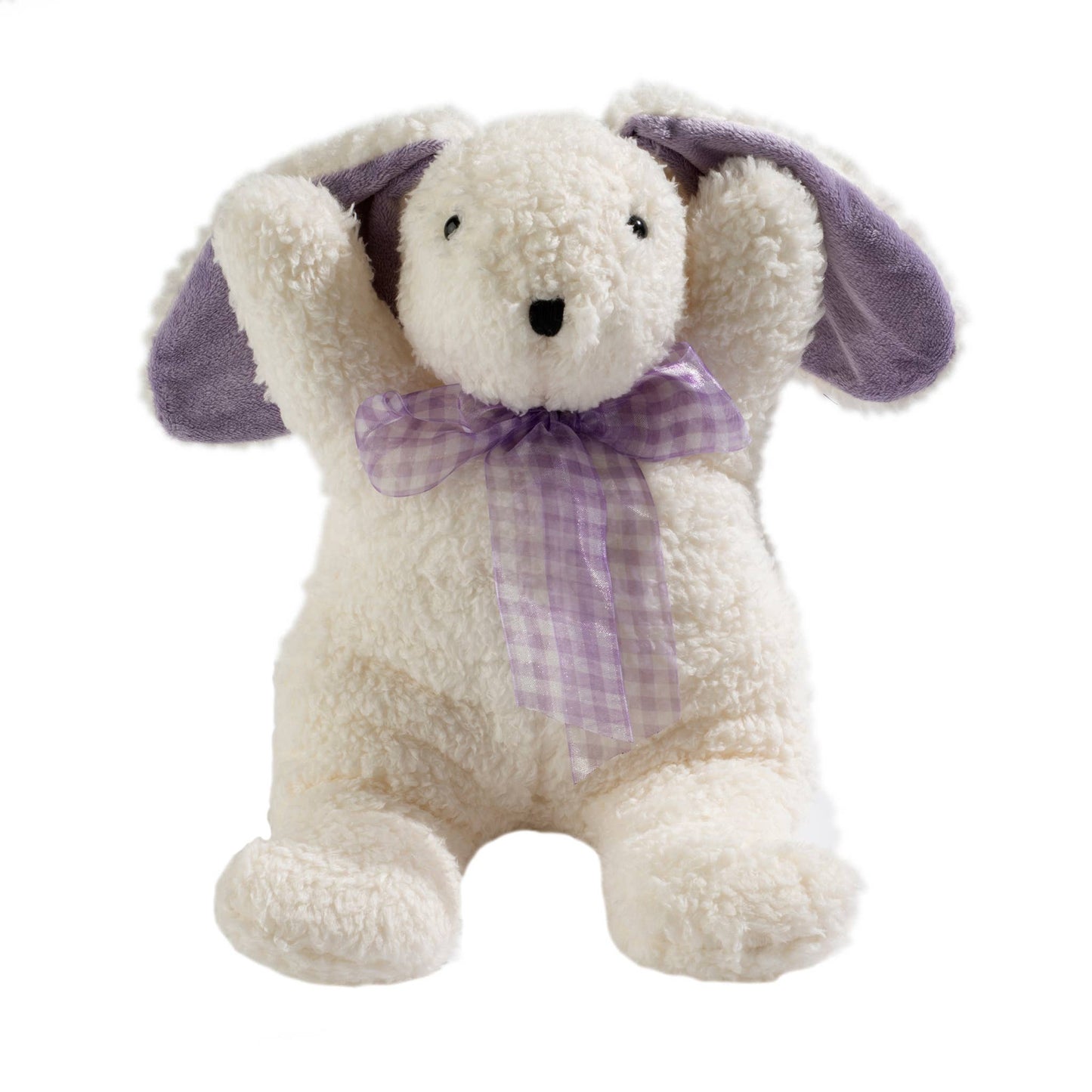
Our relationship to smell is anything but simple.
We’re capable of detecting minute differences in smell across tiny time scales. Our brains can detect individual odor molecules. And a mere whiff can bring back obscure childhood memories that otherwise crouched in our mind’s crevices.These are all powerful examples of how olfaction influences our lives on an individual level. But what if specific scents can change how we perceive and interact with others, too

A new study published in the journal Frontiers Psychology suggests that the calming scent of lavender—as opposed to more stimulating smells like peppermint—is capable of fostering interpersonal trust. Scientists have long known that certain aromatic compounds can have an effect on a person’s cognitive or psychological well-being, but this is the first time they’ve found a direct link between a particular smell and the phenomenon of trust.
To test the effect of lavender scent on feelings of trust, the researchers had 90 participants play a “trust game”: 30 in a lavender-scented room, 30 in a peppermint-scented room, and 30 in a non-scented room. They were told that the study was designed to investigate decision-making processes; no one was clued in about the presence of aromas. Participants deemed “trustors” were given a handful of money that they could either keep or give away (partially or in full) to “trustees.” Before transferring money, the trustors were told that the amount they gave away would be tripled, and that it would be up to the trustee to decide how much of the tripled value to give back to the trustor. Thus, in this experiment, the amount of money transferred was a measure of interpersonal trust. The scientists found that trustors transferred significantly more money to the trustee in the lavender room than in the peppermint or control rooms.
Previous studies have already shown that lavender boosts more inclusive mental states, but this is the first study to link lavender directly to the idea of interpersonal trust. The authors of the study suspect that the lavender-trust relationship is controlled by a process similar to what goes on in the brain during “divergent thinking.” Divergent thinking is a creative strategy that involves spontaneous, free-association of ideas and possibilities, and leads to a more inclusive state of mind. A 2014 study demonstrated that divergent thinking fosters interpersonal trust, as well.
While it’s possible that the lavender scent simply lightened participants’ moods, making them more willing to trust others, the researchers claim there’s more going on here—no significant correlations were found between reported pleasure and level of interpersonal trust. Still, pleasure is subjective, and further studies will have to look into whether or not participants are able to detect smells in the room, how acute their sense receptors are, and whether or not the lavender scent actually induces the mental state psychologists suspect it does.
Photo Credit: David Biesack / Flickr (CC BY-NC-SA 2.0)





